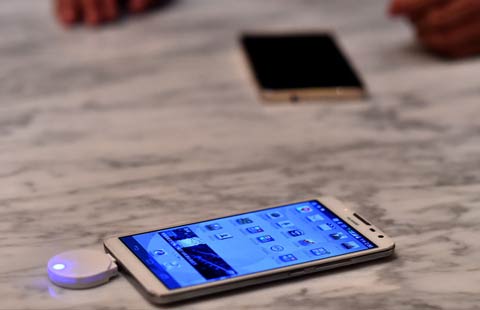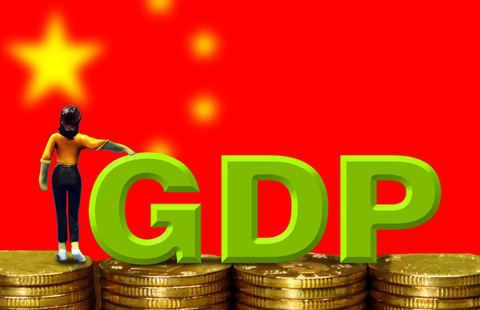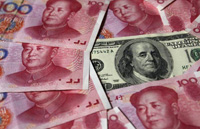Rich Chinese pick Apple as gifts choice
By Shi Jing (chinadaily.com.cn) Updated: 2015-01-29 16:15Apple sold 74.5 million iPhones worldwide in its fiscal first quarter, which ended on Dec 27. Stellar iPhone 6 sales drove Apple's China revenues up 70 percent in the quarter year-on-year, according to the United States-based company.
"We are a big believer in China," said Chief Executive Officer Tim Cook in a conference call. "I think people there love Apple products."
Canalys attributed Apple's success to the rapid expansion of the fourth-generation telecom infrastructure, saying faster Internet connection speeds made video streaming easier and fueled large-screen handset sales.
A well-executed launch and a clampdown on gray sales channels for its products also boosted its sales, Canalys said.
The top four vendors in China during the quarter were Apple, Xiaomi Corp, Samsung Electronics Co Ltd and Huawei Technologies Co Ltd, it said, without giving exact shipment numbers.
Apple has no time to rest on its laurels, however. An array of local brands, and the struggling but still powerful Samsung, are all eyeing the top position in the world's biggest smartphone market.
Wang Jingwen, a Shanghai-based Canalys analyst, said a large factor in Apple's success was the latent demand for the iPhone 6 series. Thus, it was natural that the past quarter was one of unprecedented levels of demand.
Apple debuted the iPhone 6 and iPhone 6 Plus in mid-October on the Chinese mainland.
"The market is very unpredictable, and many things can happen that will change how vendors perform in this quarter," Wang said. "If Apple fails to continue to excite the market, it will lose out, especially with the market being so highly competitive."
This month has seen a number of strong players release flagship products.
Xiaomi, an affordable phone maker, released its first phablet similar to the iPhone 6 Plus in size and appearance, but at a fraction of the price.
Motorola Mobility LLP, now a Lenovo Group Ltd smartphone subsidiary, also introduced three models to compete with Apple at the middle and high segments of the market.
Apple is looking to open 40 brick-and-mortar stores in China by mid-2016.
The company opened its 14th store on the mainland on Saturday in Hangzhou, Zhejiang province.
"Apple's entry into smaller cities in China will increase its brand presence and shipment volumes," said Wang from Canalys.
"However, it is not likely that the majority of consumers who have relatively limited income will spend a lot to buy an iPhone," she said.
- Super rich continue to cut back on gifting
- Moneybags investor busy mining the DPRK's art market
- Alibaba quarterly revenue disappoints, shares fall
- French Prime Minister visits airbus plant
- Ministry calls on new Greek govt to safeguard Chinese firms' interests
- Give China equal footing in international tendering
- Merger of two major nuclear industry players to get green light
- Ministry to step up effort to crack down on fake goods online

















